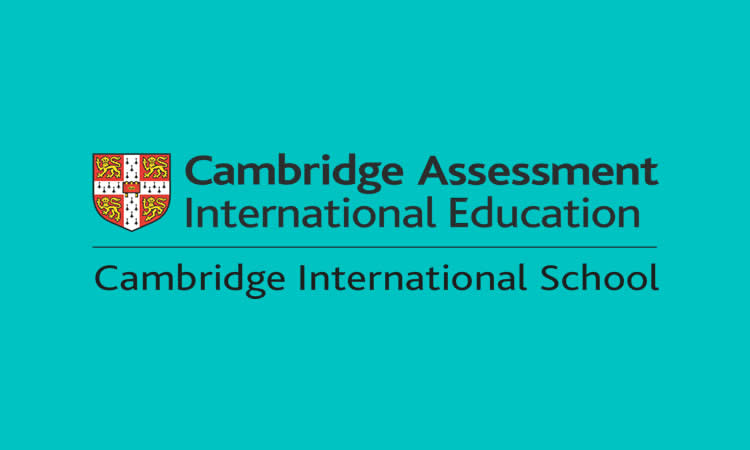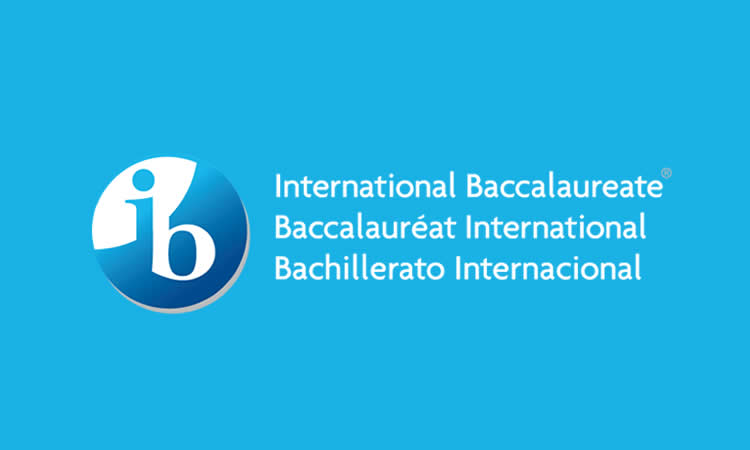
How to Select the Best International School for Your Child
Selecting the right school for your child can have a positive influence on their academic progress and personal growth. What are some of the essential factors that should guide your decision-making process?
1. Curriculum and Accreditation
The curriculum offered by an international school is a primary consideration. Commonly adopted curricula include the International Baccalaureate (IB), British, American, and national programs adapted for international settings.
Ensure the school is accredited by reputable organizations such as the Council of International Schools (CIS) or the International Baccalaureate Organization (IBO), which indicates a commitment to high educational standards.
2. Faculty and Teaching Quality
The qualifications and experience of the teaching staff are paramount. Look for schools that employ certified teachers with international experience. A low student-to-teacher ratio is also beneficial, allowing for personalized attention and support.
3. Facilities and Resources
Modern facilities and ample resources contribute significantly to a student's learning experience. Consider schools with well-equipped classrooms, science and computer labs, libraries, and extracurricular facilities like sports complexes, art studios, and music rooms.
Access to technology and innovative teaching tools is also crucial.
4. Language Support
For non-native English speakers, language support programs are essential. Schools that offer robust English as an Additional Language (EAL) programs can help your child adjust and excel. Additionally, schools that promote multilingualism through other language offerings can be advantageous.
5. Cultural Diversity and Community
An international school should foster a diverse and inclusive environment. A multicultural student body can enrich your child's global perspective and social skills. Investigate the school's community activities, cultural events, and support systems that help integrate families.
6. Extracurricular Activities
A well-rounded education includes opportunities beyond academics. Evaluate the range and quality of extracurricular programs in sports, arts, and clubs. These activities play a crucial role in developing soft skills and discovering new interests.
6. Location and Logistics
Consider the school's location and the practicality of the commute. Proximity to home or work, availability of school transport, and safety of the neighborhood are important logistical factors.
6. Reputation and Reviews
Research the school's reputation through reviews and testimonials from other parents and students. Online forums and school visit days can provide valuable insights into the school's environment and ethos.
Making an informed decision involves thorough research and consideration of these factors. By aligning the school's offerings with your child's needs and aspirations, you can ensure a fulfilling and enriching educational experience.

